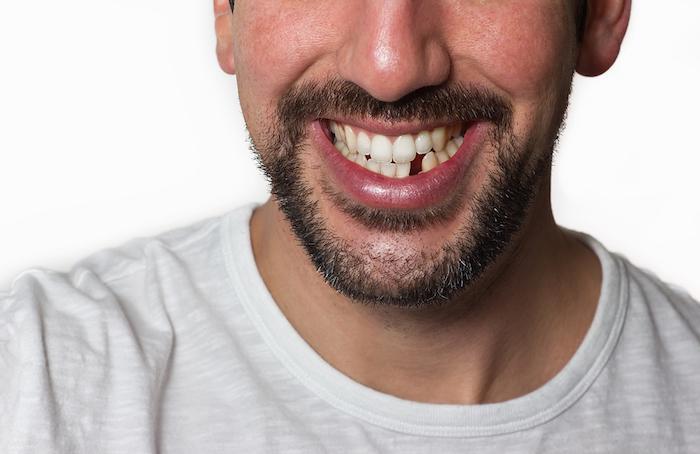Having a missing tooth is not fun. You may experience aesthetic and functional problems, such as being unable to speak or eat properly. It can even become embarrassing for you to speak in public when you have a gap in your teeth. That is why dentists recommend replacing your missing teeth as soon as possible.
There are various problems that you might experience when you have missing teeth. Understanding what they are and how serious they can become is important before the problem progresses. If you were recently in an accident where you lost a tooth or multiple teeth, consult with an expert at Dedham, MA restorative dentistry about your options.
Reasons to replace missing teeth
- Your teeth may shift and become loose.
When you have all of your teeth in your mouth fixed in their position, they are neatly lined up in a row and stable. However, if you remove one or two from the set, the surrounding teeth lose their support and may also become loose. When you lose a tooth and do not get it replaced quickly, you risk your other teeth shifting from their places. This can further lead to other problems like a change in your bite, tooth decay, or gum disease.
- You may experience poor functioning of the teeth.
All of your teeth play a role in helping you chew, eat and speak. Even one tooth missing can result in problems in the functioning of the teeth. You may experience difficulty in biting or chewing hard or chewy food items. Not just that, but you will experience speech problems too. The gap between your teeth may change how air flows while you talk and can alter how you speak. If the other teeth start moving due to the gap, you may experience permanent speed impairment.
- Your facial structure may change.
If you did not know, missing teeth could actually change and alter your facial structure. Your jawbone needs constant stimulation from your teeth to remain stable. When you have one or more missing teeth, that part of your jawbone no longer receives stimulation and may start to shrink. Your gums will also start receding, and your adjacent teeth will weaken. This may result in a change in your facial structure, sagging cheeks, and early onset-going.
These are some of the consequences you may face when you have one or more missing teeth and you choose not to get them replaced.

